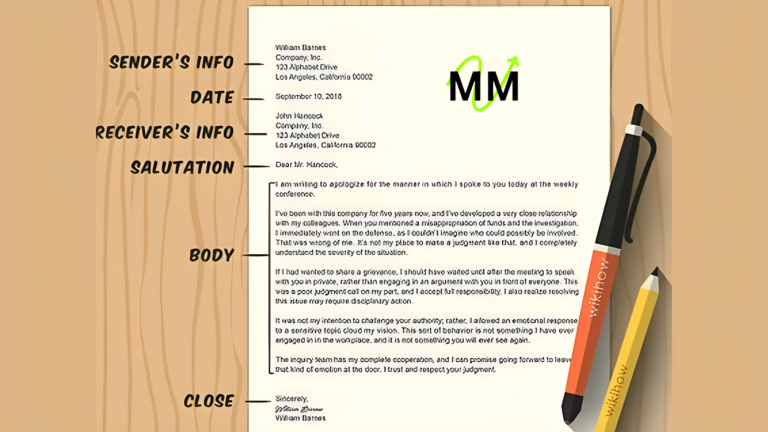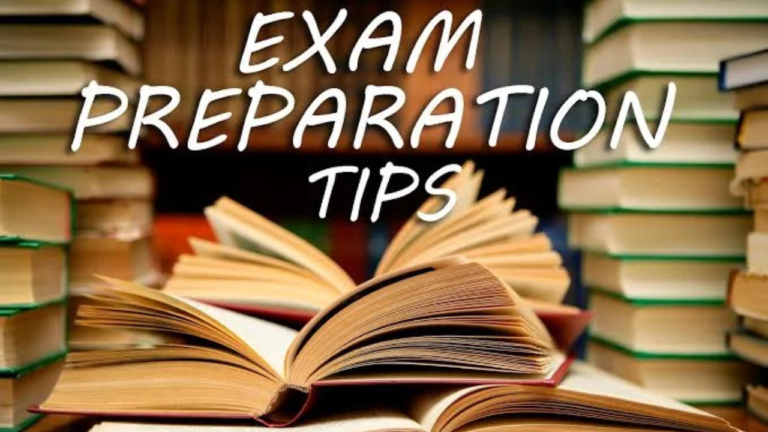How Pre K Workbooks Prepare Kids for School

Pre-K workbooks are an essential part of early childhood education. Designed specifically for young learners, these books help children develop various skills before they enter formal schooling. They use simple exercises and engaging activities to cover multiple subjects, such as reading, writing, and math. By doing so, they provide a strong foundation for learning. When children use these workbooks, they get a head start in understanding basic concepts, making them better prepared for kindergarten. For those interested, here are some recommendations by the NAEYC to help with early learning.
Benefits of Using Pre-K Workbooks
Pre-K workbooks have many benefits that support cognitive growth and the development of critical skills. Here’s how these resources make a difference:
- Cognitive Development: Activities in pre-k workbooks help improve memory, problem-solving, and understanding through colorful and interactive content, such as matching games and puzzles.
- Reading Skills: Workbooks often include letter recognition and phonics exercises, helping kids recognize sounds and letters, a crucial step in learning to read.
- Writing Skills: Tracing lines and letters helps build motor skills and muscle memory, aiding children in writing letters and words confidently.
- Math Skills: Simple math exercises introduce children to numbers and basic mathematical concepts such as counting, shapes, and patterns.
These workbooks help children develop essential skills in a structured but fun way. To learn more about the importance of cognitive development in early education, visit this excellent resource.
Types of Pre-K Learning Books
When we think about pre-k learning books, we often picture colorful pages filled with fun activities and lessons. These books are designed to make learning enjoyable for young children. They are essential to early education, helping kids playfully develop vital skills. Let’s explore the different types of pre-k workbooks:
- Activity Books involve engaging tasks like puzzles, coloring, and matching games. They encourage fine motor skills and problem-solving.
- Alphabet Books: Designed to introduce kids to letters and sounds, alphabet books often use bright images to connect the letters with meaningful words, helping lay the foundation for reading.
- Number Books: Focusing on numbers and basic counting skills, number books use simple exercises to teach early math concepts. Through pictures and activities, kids begin to understand numbers and their values.
Each type of book targets a specific learning area, providing a well-rounded educational experience. These books support cognitive development by proposing tasks that improve memory and focus. They also nurture creativity and the ability to follow instructions. By using a variety of pre-k learning books, kids have broad exposure to different subjects, which keeps their learning experience fresh and exciting.
How Pre-K Workbooks Encourage School Readiness
As children prepare to start school, pre-k workbooks play a crucial role in boosting their readiness. They not only prepare children academically but also help them develop other vital skills needed for a successful school experience.
- Structured Learning: Pre-K workbooks introduce kids to a structured learning environment, which helps them adjust to the routines and expectations of a classroom setting. This structure is vital for maintaining attention and persistence in tasks.
- Emotional and Social Development: Using a workbook encourages children to work through tasks independently, which builds confidence in their abilities. Completing activities can give them a sense of achievement. Additionally, these books often include exercises that promote social skills, such as sharing and cooperating with others.
- Skill Building: Beyond academic lessons, pre-kindergarten workbooks help children develop critical skills like time management and responsibility. They learn to allocate time and effort efficiently as they tackle various sections.
These benefits support the idea that starting school is not just about wearing a uniform and carrying a backpack. Preparation involves nurturing the ability to think critically, interact socially, and apply learned concepts independently. By integrating these essential skills, pre-k workbooks ensure children are well-prepared for their school journey. For more on school readiness, check this article by Zero to Three.
Incorporating pre-k learning books into your child’s routine can make the transition to school smoother and more enjoyable, laying a solid educational foundation for future success.
Tips for Choosing the Right Pre-K Workbooks
When selecting suitable pre-k workbooks, making informed choices can significantly enhance your child’s learning experience. Here are some essential tips to guide you:
- Age Appropriateness: Ensure that the workbooks suit your child’s developmental stage. Check for age recommendations on the cover or inside the first few pages.
- Curriculum Alignment: Choose pre-k workbooks that align with educational standards. This ensures the material is relevant and beneficial as a precursor to formal schooling.
- Variety of Skills: Look for books covering a range of skills, such as reading, writing, math, and creative activities. Differentiated content can cater to different learning paces and interests.
- Engaging Content: Select workbooks with colorful illustrations and fun activities. Engaging content helps maintain your child’s interest and encourages consistent learning.
- Reviews and Recommendations: Consider books highly rated by other parents or educators. Trusted resources, such as educational blogs and parenting forums, can provide valuable insights.
Focusing on these factors can help you choose pre-k learning books that provide a solid foundation for your child’s educational journey.
Integrating Pre-K Workbooks into Daily Learning Routine
Incorporating pre-k workbooks into daily activities is critical to creating a learning-friendly home environment. Here are strategies to seamlessly integrate these resources:
- Establish a Routine: Create a daily schedule that includes dedicated workbook time. Consistency helps children know what to expect and assists in forming healthy study habits.
- Pair with Everyday Activities: Use workbook themes that relate to daily experiences. If a workbook features animals, plan a zoo trip or watch a wildlife documentary.
- Set Up a Learning Space: Designate a specific area in your home for learning activities. A quiet and organized space minimizes distractions and promotes focus.
- Balance with Play: Combine workbook time with play-based learning. Integrating educational toys or games related to workbook topics can make learning more interactive.
- Parental Involvement: Be actively involved during workbook sessions. Guidance and support help your child better understand and engage with the content.
For further tips on maintaining a consistent early learning routine, visit resources such as Understood. The owner of Toynk shares, “Pre-K workbooks are an excellent foundation, but exploring resources like educational toys and interactive games available at Toynk Official Store can add even more variety and fun to your child’s learning journey.
Read More
Concluding Thoughts on Pre-K Workbooks
Pre-K workbooks are crucial in setting a solid foundation for early education. They are designed to make learning an enjoyable experience for young minds while preparing them for the educational journey ahead. Here’s what makes them indispensable:
- Personal Development: Pre-K workbooks foster both social and emotional growth alongside confidence-building. This is essential for quickly adapting to structured school environments and tackling new challenges.
- Routine and Consistency: They help establish a learning routine, instilling discipline and concentration from an early age.
Using pre-kindergarten workbooks enhances academic readiness and fosters a love for learning, laying the groundwork for lifelong educational success.
Explore More Educational Resources for Your Child
While pre-k learning books are a fantastic start, there are many other resources available to fuel your child’s educational growth. Looking for additional tools can further enrich your child’s learning experience:
- Interactive Online Platforms: Websites and apps offering educational games and activities.
- Educational Toys and Games: Products designed to promote learning through play.
- Storybooks and Audiobooks: Engaging resources that enhance language skills and imagination.
- Museums and Science Centers: Offering hands-on learning experiences outside the classroom.
Exploring various educational materials can make learning diverse and exciting, helping your child thrive academically. Consider credible resources that align with your child’s interests and learning needs.






